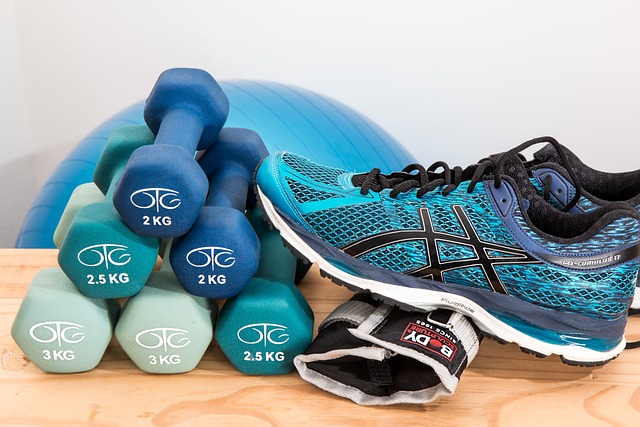Understanding Your Fitness Goals
When embarking on a fitness journey, the first step is to clarify your goals. Whether your aim is to lose weight, gain muscle, improve endurance, or maintain a healthy lifestyle, understanding what you want to achieve will guide your workout planning. Take a moment to reflect on your long-term and short-term objectives – this personal insight will be crucial to creating an effective plan.
Choosing the Right Types of Workouts
Not all workouts are created equal. Depending on your goals, you may need to focus on different types of exercise. For instance:
- Strength Training: Essential for muscle gain and overall strength.
- Cardio Workouts: Great for burning calories and building endurance.
- Flexibility and Recovery: Important for preventing injuries and improving mobility.
Integrating a variety of these workouts into your routine will not only keep things interesting but also ensure a well-rounded approach to fitness.
Creating a Balanced Schedule
Once you’ve determined the types of workouts you want to focus on, it’s time to create a balanced weekly schedule. Keeping your plan flexible can help maintain your motivation. Here’s a sample weekly structure:
- Day 1: Strength Training (Upper Body)
- Day 2: Cardio (30 minutes of running or cycling)
- Day 3: Strength Training (Lower Body)
- Day 4: Active Recovery (Yoga or stretching)
- Day 5: Full-Body HIIT Workout
- Day 6: Cardio (Swimming or brisk walking)
- Day 7: Rest or Light Activity
Adjust this framework based on your own preferences and lifestyle – the key is consistency!
Tracking Your Progress
As you commit to your workout planning, tracking your progress becomes crucial. Keep a journal or use fitness apps to log your workouts, monitor improvements, and celebrate milestones. Whether it’s lifting a heavier weight, running a faster mile, or completing a workout with ease, recognizing your achievements can boost motivation and reinforce the habit of exercise.
Staying Motivated
Mental resilience plays a significant role in your fitness journey. To stay motivated, consider these tips:
- Set realistic and achievable goals.
- Find a workout buddy to keep each other accountable.
- Mix up your routines to prevent boredom.
- Reward yourself for reaching specific milestones.
Remember, every step forward, no matter how small, is progress!
Listening to Your Body
While sticking to your plan is essential, it’s equally important to listen to your body. If you feel pain or fatigue, don’t hesitate to take a break or modify your workouts. Recovery is a critical part of workout planning, and respecting your body’s signals will lead to better long-term results.
Embracing the Journey
Lastly, embrace the process! Enjoy each workout and the changes your body goes through. Understanding that fitness is a journey, not a destination, will help you maintain a positive attitude and outlook on your health.




